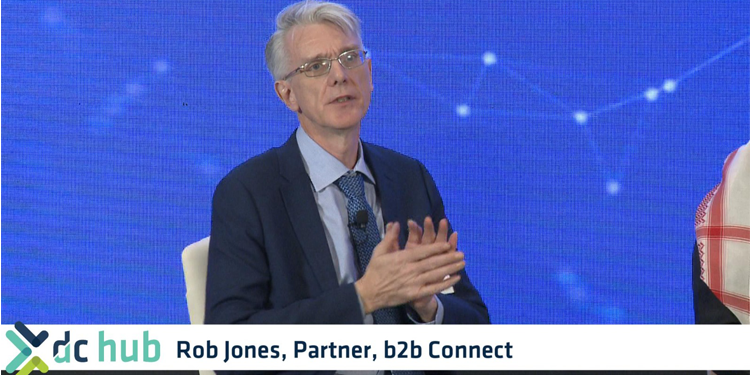
The implications of hosting data locally can be huge when it comes to enabling the supply chain to deliver projects on schedule and budget, especially if the rules are misunderstood or overstated. This session explains how understanding the value of data and its classification throughout the project lifecycle is key to compliance and successful project delivery and looks at the changing landscape in terms of infrastructure, governance and suppliers.
So what is Data Sovereignty, and what is Data Governance?
Data Sovereignty
Data sovereignty refers to the concept that data is subject to the laws and regulations of the country or region in which it is collected or stored. In other words, data sovereignty asserts the right of a country to exercise control over the data that originates within its borders. This control includes determining how data can be collected, processed, stored, and transferred. Data sovereignty has become increasingly important in the digital age due to the global nature of data flows and the potential risks associated with data privacy and security.
Data sovereignty is often driven by concerns about protecting sensitive information, ensuring compliance with local data protection laws, and safeguarding national interests. Some countries enact strict data sovereignty laws to ensure that personal and sensitive data collected within their jurisdiction is not misused or exploited by foreign entities. This can impact how multinational organisations handle data across different regions, as they must navigate various legal and regulatory frameworks.
Data Governance
Data governance refers to the framework, policies, processes, and practices an organisation puts in place to ensure that data is managed effectively, securely, and in line with organisational goals and regulatory requirements. Data governance encompasses a wide range of activities, including data quality management, data access controls, data lifecycle management, data stewardship, and more. The goal of data governance is to establish a structured approach to data management that supports informed decision-making, reduces risks, and maximises the value derived from data assets.
Key components of data governance include:
Data Ownership: Clearly defining who is responsible for data and its accuracy within the organisation.
Data Quality: Establishing standards and processes to ensure data accuracy, consistency, and reliability.
Data Security: Implementing measures to protect data from unauthorised access, breaches, and cyber threats.
Data Privacy: Ensuring compliance with data protection laws and regulations, including obtaining proper data collection and usage consent.
Data Stewardship: Assigning individuals or teams responsible for overseeing data management, quality, and usage.
Data Lifecycle Management: Defining how data is collected, stored, processed, used, archived, and eventually disposed of when no longer needed.
Data Cataloguing and Classification: Organizing data assets, labelling them appropriately, and categorising them based on their sensitivity and importance.
Data Access and Usage Policies: Determining who has access to which data, under what circumstances, and for what purposes.
This panel discussion helps to explain how data is managed in accordance with sovereignty and governance in the context of digital transformation to ensure that data-driven initiatives are successful, secure, and compliant. By implementing robust data governance practices, organisations can harness the power of data while minimising risks and building trust among stakeholders, customers, and partners.
Led by:
Rob Jones, Partner, b2b Connect
In conversation with:
Sultan Moraished, Chief Information Security Officer, The Red Sea Development Company and AMAALA
Eng. Majed Tamer Aljendy, Chief Control Officer, Saudi Binladen Group
Andrew Rippon, Smart City Director, Royal Commission of Al Ula
Sherief Elabd, Director of Industry Strategy and Innovation, Oracle Construction and Engineering














